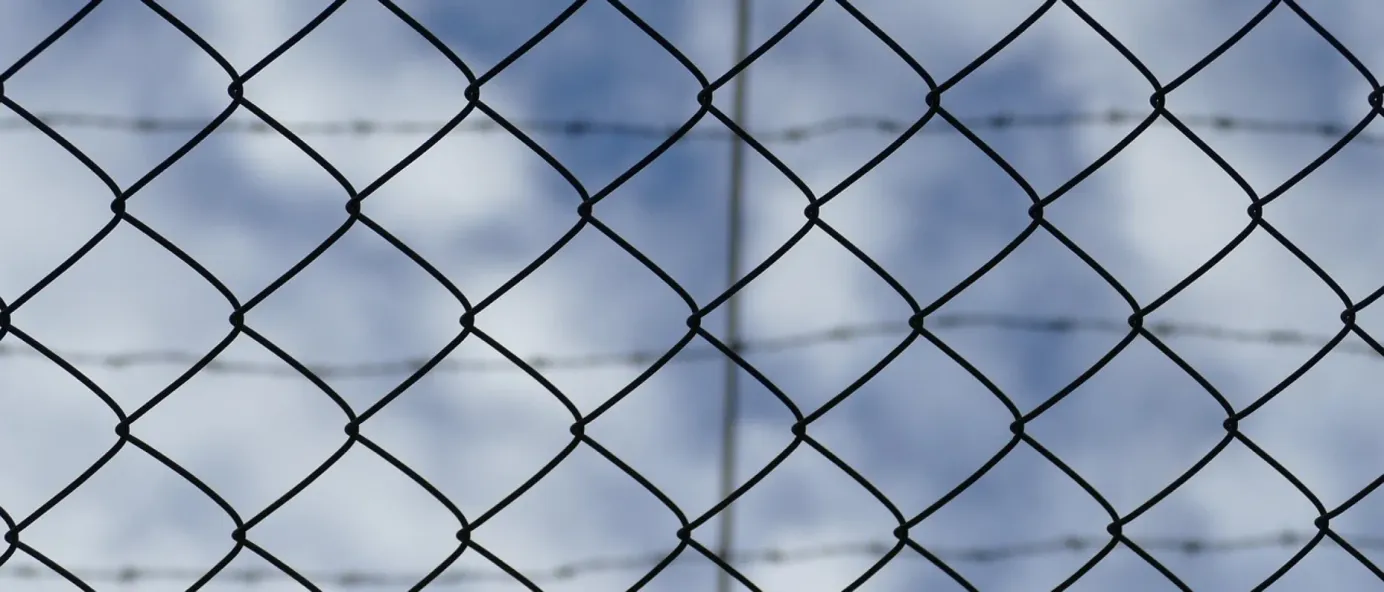
Russia proposes confiscating exiles’ property
A bill that would allow authorities to seize property from Russians that have left the country has been introduced to Russia’s parliament. Although it had an unusual path to the floor of the Duma, it has every chance of being voted into law and could have been ordered by the Kremlin.
- Unlike most bills, the measures were not submitted by a group of lawmakers in the Duma or the upper Federation Council, but by a region: the oil-rich, predominantly Muslim, Tatarstan. Deputies from Tatarstan’s regional parliament first put forward the proposed measures in spring 2023, but they were kicked back for revisions. An updated version has now returned to the State Duma and garnered a positive response from the government.
- The Tatar parliament said the initiative was necessary because since the start of the war in Ukraine there have been many cases of Russians based abroad acting “against the foundations of constitutional order and the public security of the Russian Federation.”
- The bill will allow Russians abroad to be held responsible for any crime against Russian interests. That would include “discrediting” the army, calling for the introduction of sanctions against Russia, insulting the authorities, calling for violations of Russia’s territorial integrity (which effectively means calling for the return of occupied territory to Ukraine), and sharing significant “false” information, a term that can be interpreted very broadly. All these are proposed to be administrative offenses, which would not attract long prison terms.
- But part of the punishment would involve giving the authorities the right to seize property belonging to exiled Russians. Lawyers say it is not entirely clear what this would mean in practice. Under current Russian law, seized property should not exceed the size of any fine that is issued for the offense, nor be greater than 100,000 rubles ($1,040). Experts think it is most likely that the authorities will be able to seize money from bank accounts.
Why the world should care:
This bill should not be seen as a regional initiative that has somehow broken onto the national stage. Apparently, the idea came from the very top and was introduced by a region in an attempt to demonstrate a broad base of support. As a rule, fewer than 10% of regional bills become law and most of them are unimportant technical proposals. However, there is another example of a significant piece of legislation coming from the regions: the first ban on LGBT propaganda among teenagers.





